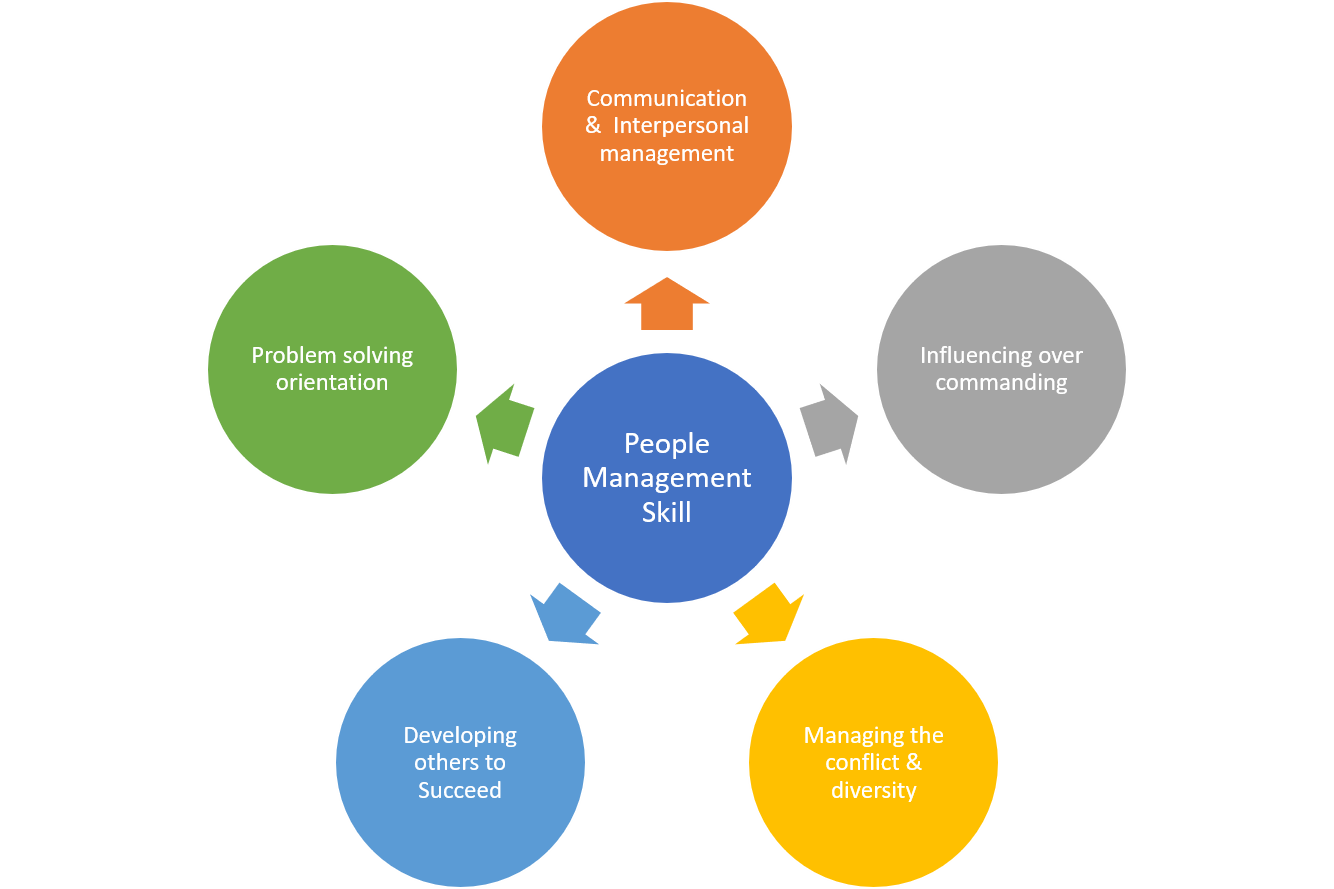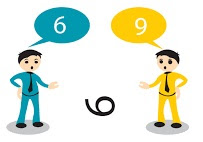Being compassionate to deal with junior colleagues

Let us discuss some of the practical approaches one can use in each scenario.
Dealing the differences with direct reportees or junior colleagues:
Assume that you are at a managerial level leading people.
In this relationship, you have more power in terms of getting things done, and the relationship is important as it is ongoing interaction. The goal also is shared as their success on the task will impact your performance.
The most effective approaches or choices you have as a manager are
- Compassionate approach
- Constructive Dominance approach
It would help if you looked at the differences or conflict as the outcome of the other person's ignorance or lack of experience. You need to look at the relationship as parent-child, teacher-student, supervisor-supervisee relationship than a competitor.
Since you have more power than others, you take responsibility for the problem, listen to the other side, and display constructive behavior like listening and concern for the direct reportees.
The outcome would be creating awareness or giving different perspectives to the person and ultimately making them understand your way of thinking and moving in a single direction.
I remember this approach adopted by one of my bosses when i worked as a layout engineer at the beginning of my career. I had prepared different options and defended one choice as it weighed high in all the parameters based on what i learned in the subject. However, my boss had a different view about my conclusion, and i had an argument for my selected option and was not comfortable with the discussions.
He had a choice to dictate one option as per his wish, and i might have agreed to it as he had positional power. But he chose to listen to my views and educated me on the absence of softer aspects like communication and proximity of people working together in layout design options and convinced me of new options.
Here the key learning for me was his approach of looking at the ignorance of direct reports with compassion, patience to listen to other views, and educating with new insights, getting things done, enhancing the relationship.
The overall outcome of the approach was that he achieved the goal and ensured the relationship. I was also convinced, without any conflict thinking, it enhanced my respect and relationship with him due to new learning. The key is kindness and interest in teaching others with less power.
This approach needs patience and time to educate others when conflict arises.
When won’t this approach work?
Any approach will work only in a particular situation. When you use this approach every time, there is a possibility that some people perceive it as a weakness of you as you are soft. Sometimes, people's motives would be different than yours or the organization’s goal, in which this approach may not work.
But the "constructive dominance approach" will help.
Let us discuss this approach next week.














